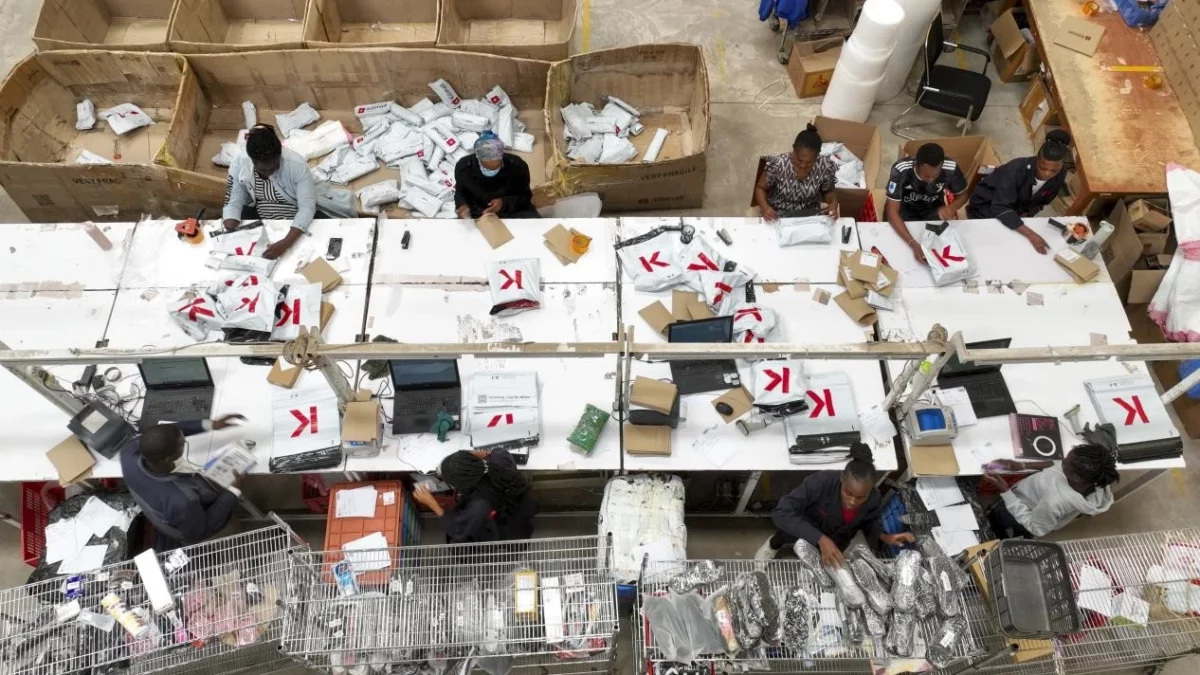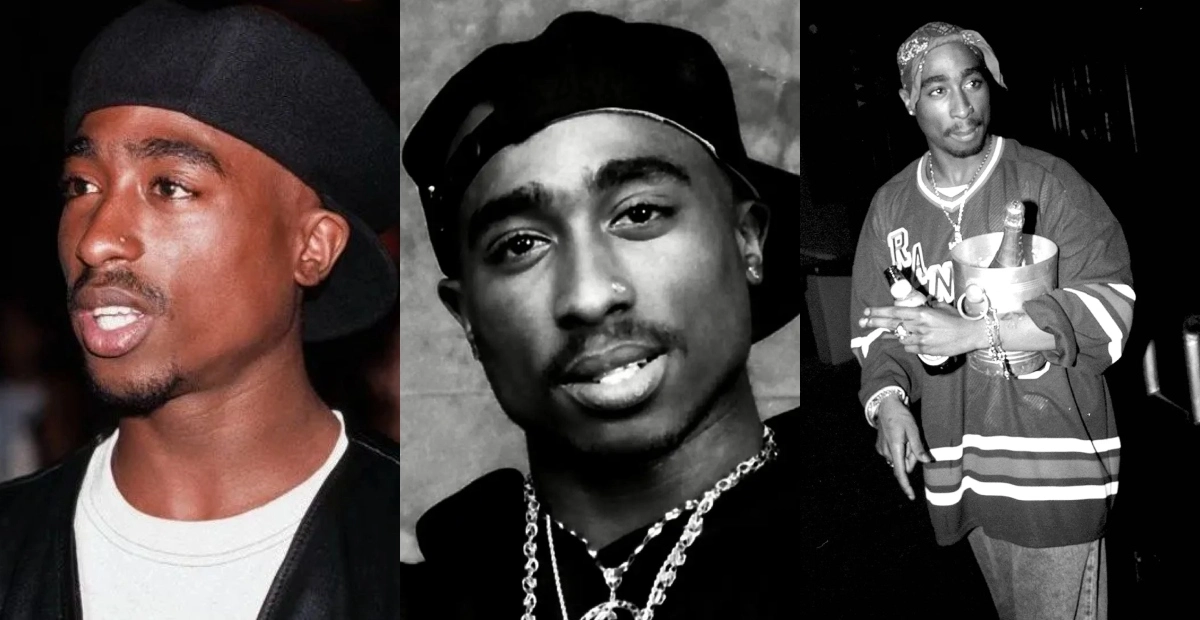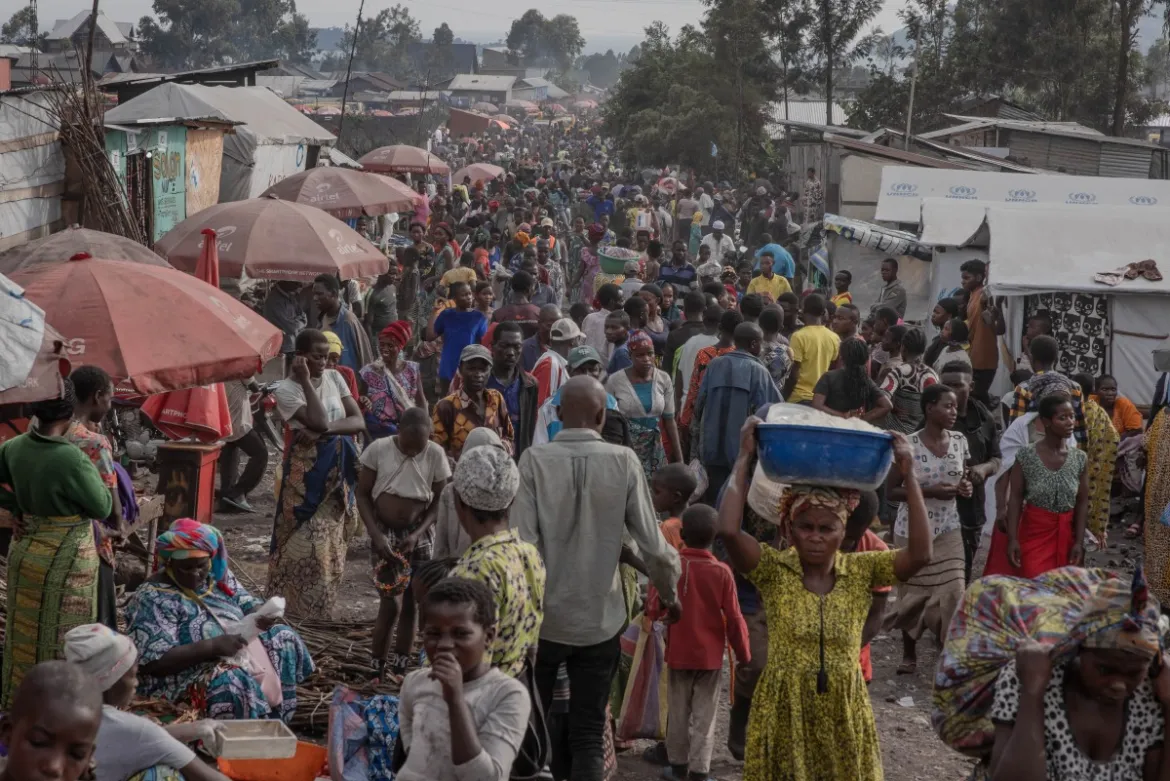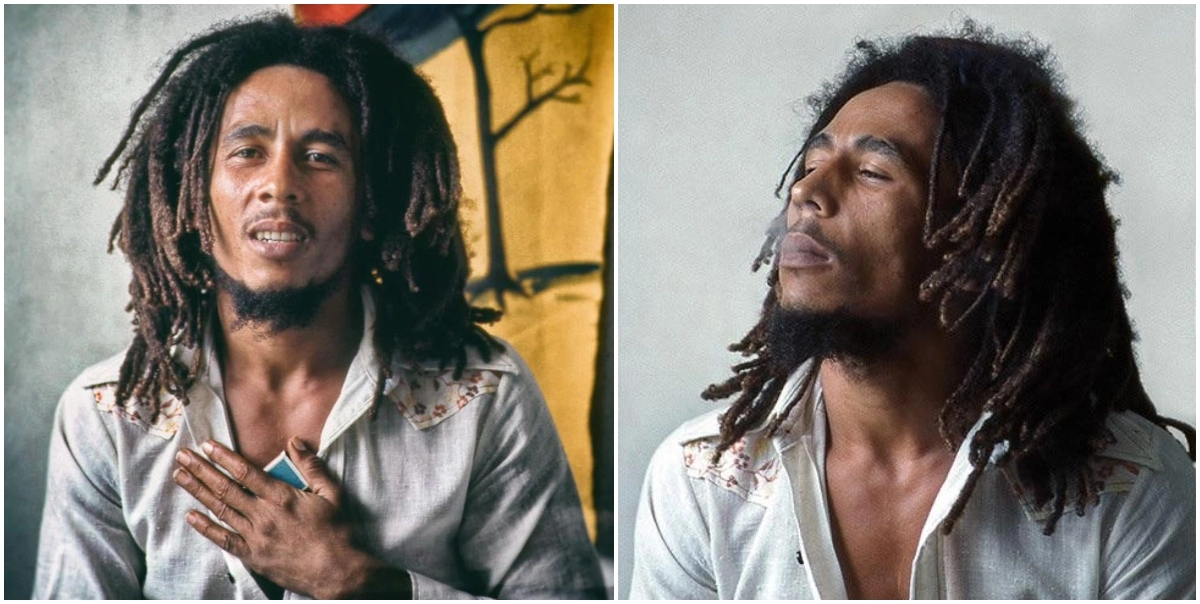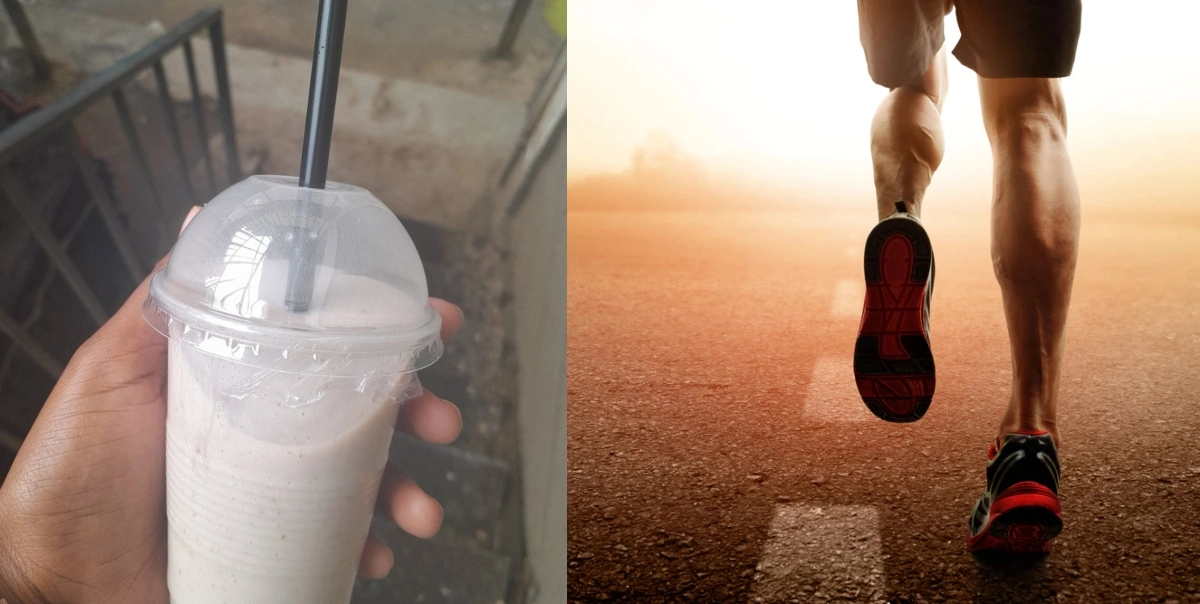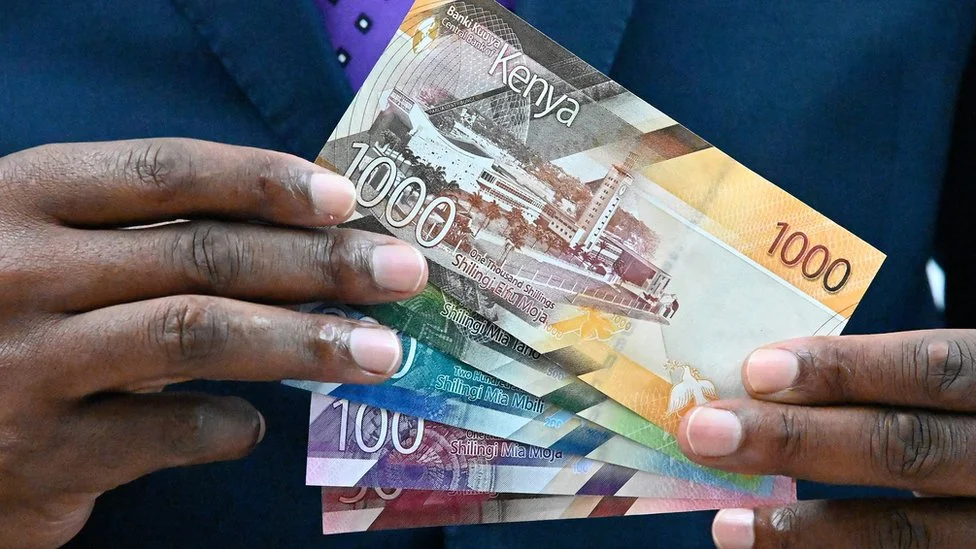Kenya Kwanza coalition Presidential candidate William Ruto showcased his manifestos that allot billions of cash to Kenyans stating it as a path to end the economic crisis in the country.
While launching the Kenya Kwanza manifesto in Kasarani Stadium yesterday, Dp Ruto stipulates how Kenya Kwanza agitate in reviving agriculture and transforming micro, small and medium enterprises (MSMEs) stating it as the backbone of the Kenyan Kwanza economy.
 |
|
Presidential candidate William Ruto during the launch of Kenya Kwanza coalition Manifesto in Nairobi [Twitter/William Ruto] |
The Deputy President’s economic blueprint emphasizes empowering the economically underprivileged through what he calls the bottom-up economic model.
He further said that some of the mega country projects like the standard gauge railway, Nairobi Expressway, and dams generate little amount to the country and escalate the rate of unemployment. The DP said manufacturing is inordinately capital-intensive and not sufficiently job-creating.
“We have recently inaugurated a firearms factory that cost Sh4 billion and celebrated the fact that it will create 100 or so jobs. This works out to an investment of Sh40 million per job,” he said, criticizing the project initiated by President Uhuru Kenyatta.
“In the same country, the county government of Kitui established a garment factory with a capacity for 600 jobs for Sh168 million, Sh280,000 per job.The Sh4 billion-gun factory investment is the equivalent of 24 Kitui garment factories and 14,000 jobs.”
However, Dp Ruto stated that the country’s economy has been on its deathbed for the last four decades due to prioritizing projects that do not add much output to the country’s GDP.
“The question is why we have stayed on this path. Why the government did not heed its own clarion call to restructure the economy? Why we would choose to manufacture guns rather than garments?” the presidential candidate asked.
In agriculture, which he prescribed as the foundation of the economy, the DP promised to progressively inject Sh250 billion in the next five years.
This is meant to improve food security by empowering farmers with cash and deploying modern risk management instruments to make agriculture productive.
The DP pledged to transform two million poor farmers from a food deficit to surplus producers through input finance and intensive agricultural extension support.
“We commit to revamping underperforming or collapsed export crops while expanding emerging ones such as coffee and boosting the tea value chain,” he said in the manifesto.
In empowering “hustlers” economically, Ruto also promised to provide Sh50 billion per year to fund small businesses and start-ups.
“We will establish MSME business development centers in every ward, and an industrial park and business incubation center in every TVET institution,” the document states.
In housing, the DP said his administration will establish a settlement fund similar to acquiring land from settler farmers after Independence.
This move is an attempt to fix the problem of landlessness on the Coast and other parts of the country.
Kenya Kwanza, Ruto said, will also deliver 250,000 housing units per year and increase the number of mortgages from 30,000 to one million. This will be achieved by enabling low-cost mortgages of Sh10,000 and below.
A Kwanza administration will also strengthen the Jua Kali industry’s capacity to produce high-quality construction products. It will also give developers incentives to build more affordable housing.
Ruto said his administration will turn around the manufacturing sector by establishing factories in various parts of the country to spur economic growth.
Kenya Kwanza, he said, will set up leather industries in Athi River, Narok, Isiolo, and Wajir and secure linkages with technical support from overseas markets.
Ruto said his administration will aim to make Kenya a leading exporter of building products such as iron sheets (mabati) and building steel to her neighbours.
His government, the DP explained, will also leverage UHC and human capital to scale up the manufacturing of essential medical commodities. He promised to build a regional pharmaceutical hub in Kenya.
Ruto’s administration plans to establish garment and textile industries, aiming to become the leading exporter in the region.
“The Kenya Kwanza government will work with the apparel export industry to develop a viable cotton raw material supply chain,” he said in the document.
Ruto has promised to establish a fund for chronic diseases such as cancer, enroll every Kenyan in health insurance cover, and set up drug manufacturing firms.
In his manifesto, the DP said the fund will also cover catastrophic illness and injury costs not covered by insurance. It will be funded by a combination of insurance levies and the government.
“Kenya Kwanza commits to [roll out] a seamless universal health insurance system comprising mandatory national insurance and private insurance as complementary covers. NHIF will be the primary cover and private insurance the secondary cover,” the manifesto said.
The Kenya Kwanza administration, Ruto pledged, will introduce a raft of reforms to NHIF and revise contributions to net Sh200 billion to cover all Kenyans.
“Our preliminary analysis shows that a progressive contribution system can achieve the Sh200 billion requirement with contributions ranging from Sh300 to Sh3,000 per household per month,” he said.
His government will also arbitrate to end the incessant fights between medical workers and county governments, give stipends to community health workers and roll out technology enabling Kenyans to control their health records.
“We will delink financing of primary health care from public facilities by establishing stakeholder managed Primary Health Care (PHC) Funds as strategic purchasers at each Level 4 facility,” he said.
In education, Ruto committed to bridging the current teacher shortage of 116,000 within two financial years and paying for in-service teacher training.












